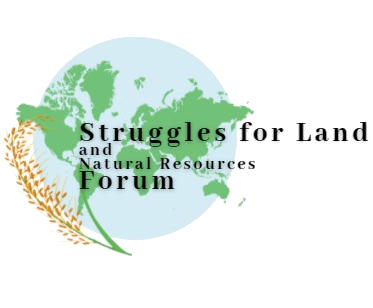For science, indigenous peoples and local communities have a key role to play in ensuring a healthy, sustainable planet.
In a recent article, several scientists including: Leila V Zanjani, Hugh Govan, Holly C. Jonas, Theodore Karfakis, Daniel M. Mwamidi, Jessica Stewart, Gretchen Walters and Pablo Dominguez, conduct an extensive qualitative literature review (166 studies covering 5 continents, 90% of which are less than 3 years old) on the subject of "living territories".
Here's a summary, and you can find the link to the article below:
"The territories and areas that indigenous peoples and local communities govern, manage and conserve (hereinafter referred to as "living territories") are increasingly recognized by scientists, international agencies, non-governmental organizations and grassroots organizations as essential to the future of a healthy, sustainable planet. Hundreds of thousands of these social-ecological systems exist worldwide, covering millions of square kilometers of land and seascape on five continents, and contributing to the conservation and sustainable use of a significant proportion of the world's biodiversity. Nevertheless, these systems face numerous threats and often have little or no official recognition or support from nation-state governments. In response to this growing need, this study provides the most comprehensive, recent and up-to-date overview of living territories. It argues for a holistic approach to living territories and identifies key opportunities for researchers to foster action- and policy-oriented research in favor of these systems vital to the planet's sustainability."
Reference :
Leila V Zanjani, Hugh Govan, Holly C Jonas, Theodore Karfakis, Daniel M Mwamidi, Jessica Stewart, Gretchen Walters, Pablo Dominguez, Territories of life as key to global environmental sustainability, Current Opinion in Environmental Sustainability, Volume 63, 2023, 101298, ISSN 1877-3435
